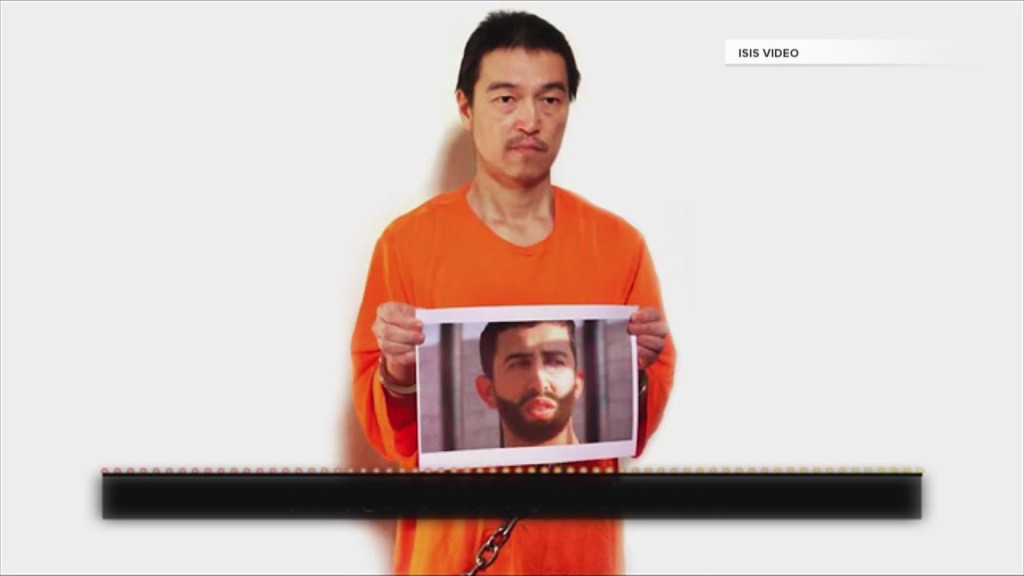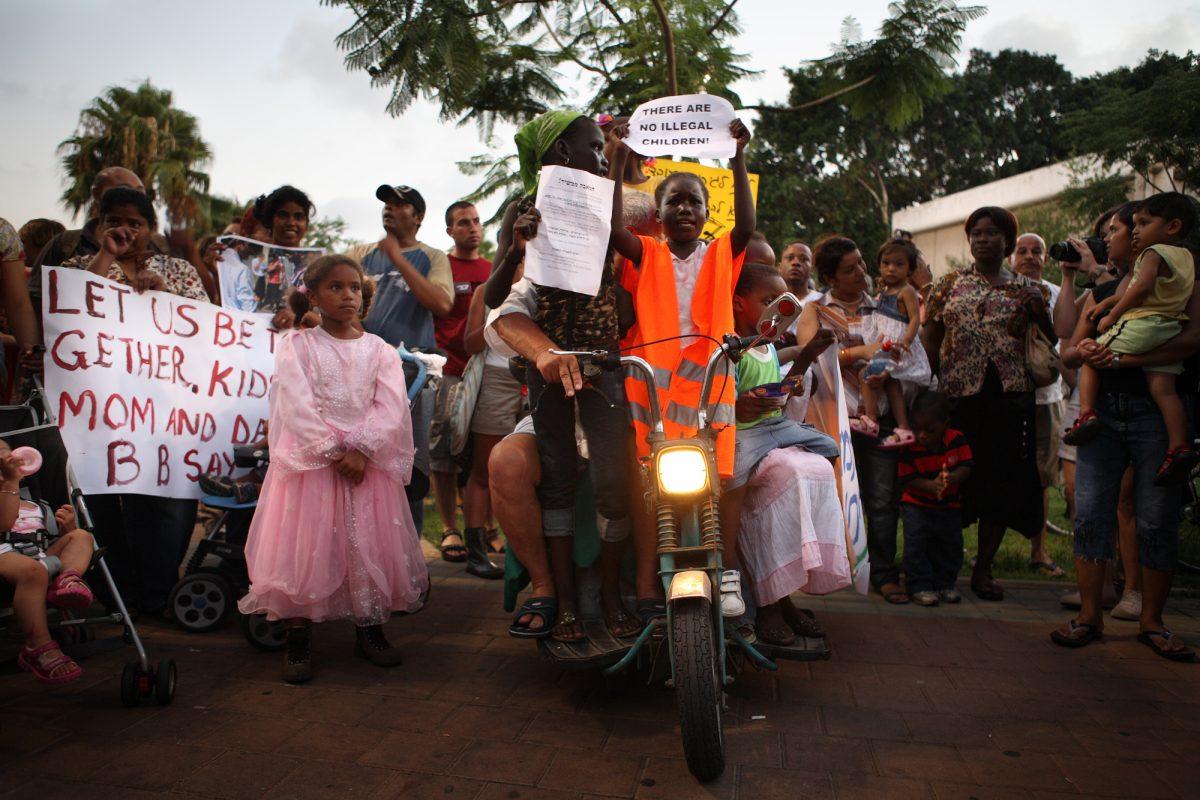The world waited with bated breath as a new crisis evolved in the war against ISIS.
You might be tired of the group already, but even as American troops continue to engage in war with the Islamic State, the militant organization continues to post videos of brutal beheadings and hostages.
In the past week, the group released multiple videos and twitter feeds showing Japanese hostage Kenji Goto, who was seen telling the Jordanian government to release one of their prisoners in exchange for Jordanian pilot Moaz al-Kasasbeh’s life and Goto’s release.
Yesterday, ISIS posted a video showing a decapacitated body believed to be that of Goto. al-Kasasbeh’s fate is still unclear.
While this is pretty much normal MO for ISIS, what was interesting in this situation was a potential prisoner swap between Jordan and ISIS, something that hadn’t been on the cards in the war against ISIS so far.
Jordan agreed to release failed suicide bomber Sajida al-Rishawi in exchange for Goto and al-Kasasbeh, but it refused to hand al-Rishawi over until they had proof of al-Kasasbeh’s life.
Meanwhile, Japan, which is a major aid donor to Jordan, continued to build pressure on Jordan to swap prisoners in order to obtain Goto’s release.

The Thursday deadline for al-Rishawi’s release came and went, and now the fate of the two hostages is unclear. On Jan. 30, Jordan said it will hang its ISIS captives if their pilot is executed.
History repeats … more often than you think
While the United States and the United Kingdom have strongly held against negotiation with terrorists at any cost, other countries which have battled terrorism on their home ground for years, have often resorted to prisoner swaps in order to save lives.
On Dec. 24, 1999, militants hijacked IC 814, an Indian aircraft carrying 176 passengers, from Nepal. After fatally stabbing one passenger and releasing 27 women and children in Dubai, they flew the aircraft to Kandahar, Afghanistan.
The eight-day-long hostage situation dragged out as militants demanded the release of three notorious terrorists from various Indian prisons.
The huge build-up of internal pressure for the release and rescue of Indian citizens aboard the aircraft forced the Indian government at the time to give in to the negotiations, despite misgivings.
The negotiation, however, proved counter-productive.
One of the released terrorists masterminded an attack on the Indian Parliament in 2001, while another was arrested by Pakistani authorities in 2002 for the capture and execution of American journalist Daniel Pearl.
Israel has always done prisoner swaps with Hamas and Hezbollah, while the United States released five Taliban prisoners last year in exchange for a U.S. soldier.
Why should you care?
Well, for one, whatever happens, there will be global implications of Jordan’s negotiation with IS.
Not only does it set a precedent for other terrorists, it also signals to them that countries are willing to negotiate if the price is high enough. That could be a huge detriment to the war against ISIS and other militant groups worldwide.
Simultaneously, hostages will then become a great way for ISIS to create internal resistance against governments.
Take Jordan, for instance.
Many in Jordan are unhappy that their nation is fighting a war against ISIS that they have no stakes in.
Now, with one of their own captured, as Japanese aid and a pilot’s life both swing in delicate balance, factions within Jordan are pressuring their government to bring their pilot back at any cost.
Yet, if Jordan does swap al-Rishawi for al-Kasasbeh, assuming the pilot is still alive and that his release is on the cards to begin with, it could mean a future situation where one of our own soldiers could be ransomed for criminals that have tried and failed in a terrorist act and want a second chance at destruction.
It’s a nasty dilemma, and an impossible one at that.
Are some countrymen and women expendable for the safety of the nation?
I bet that’s not the happiest thought to start the week with.









